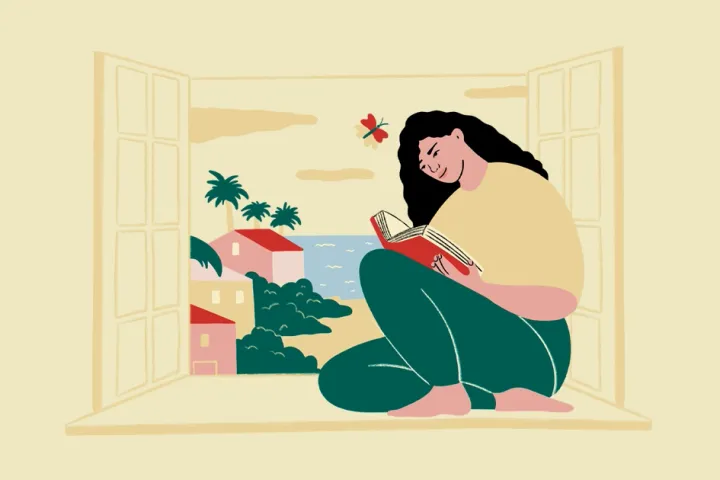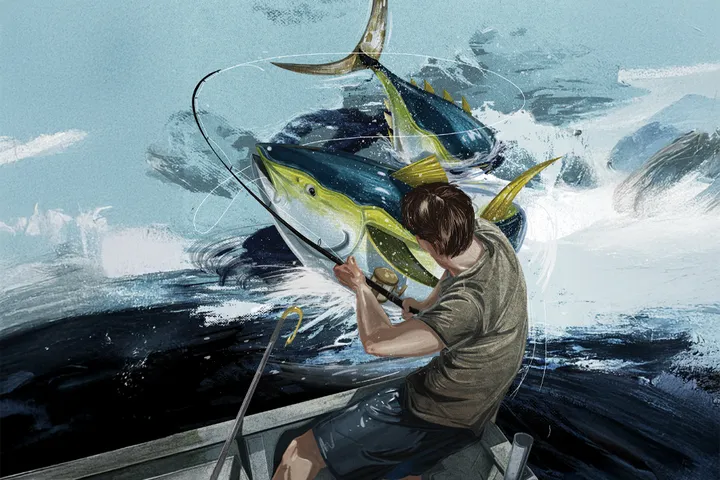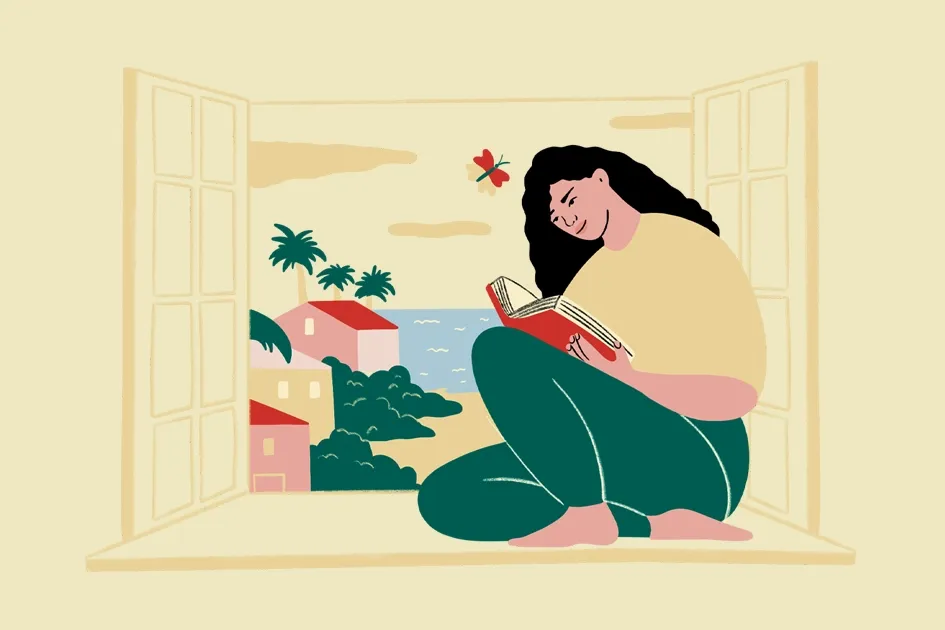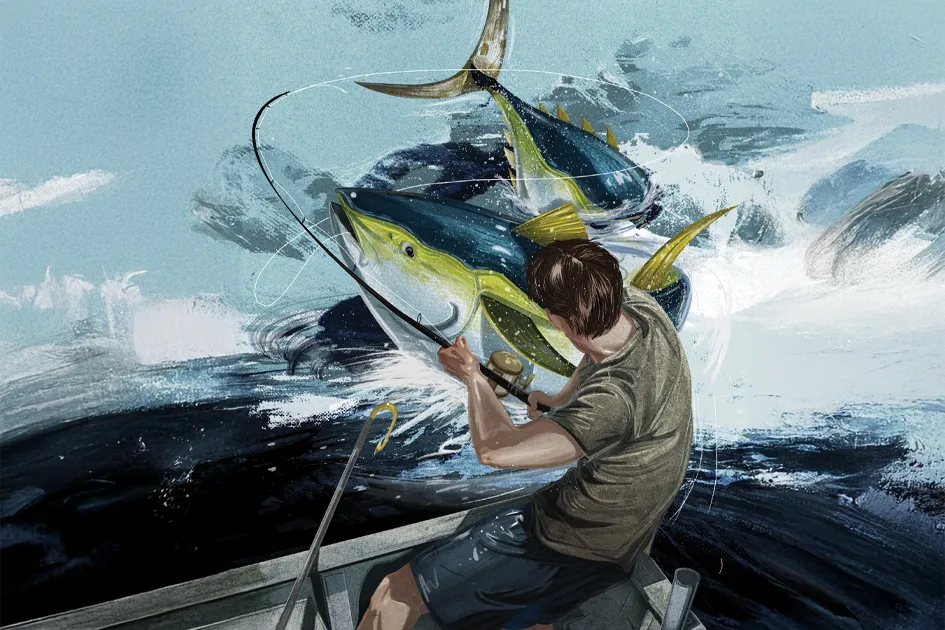The gospel stories are as familiar to me as the faces of my children. How is it that both can still make me catch my breath with surprise? Of course, these two boys and two girls are growing so quickly that knowing them is an act of continuous revision. But I cannot say the same for the well-known stories of water and wine, loaves and fishes, boats and breaking nets. The New Testament is fixed in black and white. Those tales do not grow or change. Most days, I study these stories as I might a faded butterfly that has been fixed with a pin to the page.

Recently, we lingered at the dinner table while I read the story of Jesus calming the storm. I spoke the words almost from memory, until one sentence broke free, fluttered its wings, and left me dazed: “Jesus Himself was in the stern, asleep on the cushion” (Mark 4:38). My children watched my face, waiting for me to read the conclusion we all already knew, but I lowered the Bible and fought back tears. All because Jesus slept. The old stories may not change, yet again and again, I am startled to find that they live. They are animated by the breath of God.
It was the cushion that brought the story to life for me. How many times have I watched my children sleep, their vulnerable heads cradled on a pillow? I could see Jesus, like one of my daughters, with long hair splayed across the cushion. I could see Jesus at rest, His arm thrust up above His head like one of my sons. I have always read this portion of Scripture and imagined Jesus as impossibly brave and full of faith. What courage it must take to sleep, unconcerned, in a storm. But now, I did not see bravery. I did not see a God-man striding through life on earth, untouched by the ordinary troubles that wear me down.
Instead, I saw fatigue. I saw exhaustion. I saw God Himself, my own Creator, with His face slack and His hair fallen across His eyes. I saw God, utterly surrendered to His weariness and as vulnerable as a child asleep.
I saw God, utterly surrendered to His weariness and as vulnerable as a child asleep.
My preschool-aged daughter, the youngest of my four children, recently traded her dress-up gossamer butterfly wings for a tiny green hospital gown. Two days and two nights after severe asthma sent us rushing to the emergency room, we brought her home with a paper sack full of new medications. The worst was over, but if her weakened lungs were going to make a full recovery, she needed all-night care. My husband moved his pillow to our daughter’s room and set the alarm on his phone. Every few hours, and every night for a week, he woke to place the breathing mask across our little girl’s sleeping face. When the medicine filled the mask, she always panted quickly, just as she’d been taught to do in the hospital, yet she never even opened her eyes. Held in her father’s arms, she slept on.
It is the middle-of-the-night parenting that I find the most physically demanding and emotionally heartbreaking. This is the parenting of scary dreams and croupy coughs and antibiotics that must be administered at 1 a.m. exactly. I remember watching this same daughter as a newborn, asleep in her bassinet, and thinking of the parade of childhood fevers, emergency-room visits, and ear infections that would surely come. I felt that my heart couldn’t bear to live and love through one more childhood’s worth of difficult, tired nights.
In the person of God’s Son, He embraced the very weaknesses and limits I so often fear and resent.
There are so many ways we might fall into this story of a boat and its crew in a storm-tossed sea. I have been the one with a hand on the tiller, terrified of what I see approaching on the horizon. I have been the one bailing water with a bucket and wondering why God doesn’t wake up and do something, anything. Can’t He see how desperate I am? And now I have been like one who watches her child sleep in a boat that rocks on the waves like a cradle. No wonder I fought back tears. To watch Jesus sleep, even if only in imagination, is to know that God does not despise our human frailty. In the person of His Son, He embraced the very weaknesses and limits I so often fear and resent.
Perhaps the greatest act of faith is not an act of bravery, but an acknowledgment of helplessness. Perhaps the ultimate sign of trust is not to push past my own heartaches and physical exhaustion, but simply to lay my body down like a trusting child. Though our beds be boats rocking on impossible waves, we are seen. We are held. We are loved.
The words Jesus spoke to the wind that night are a lullaby He sings over each of us: “Hush,” He says. “Be still.”
Illustration by Keith Negley





